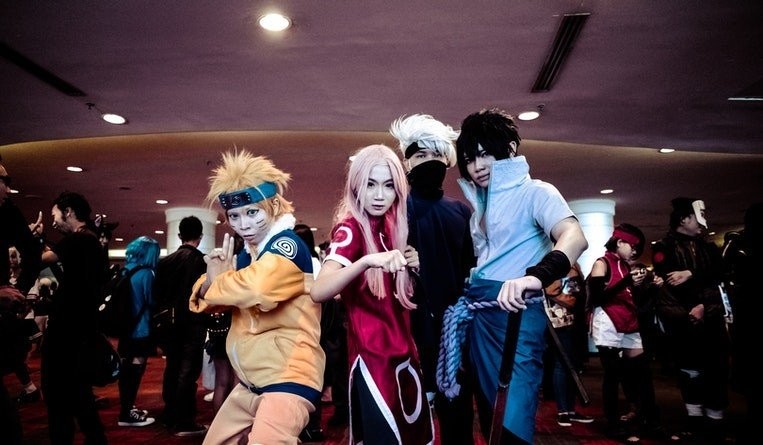Japanese government starts to consider issues of cosplay
16 February 2021

The article named “Japanese Government Regulates Cosplay by Copyright Act to Support Overseas Expansion” by Kyodo News on January 23, 2021 sparked controversy in Japan.
“Cosplay” is a Japanese-made English word that originates from “costume play,” but it means a situation where cosplayers imitate the costumes and hairstyles of certain characters such as manga (Japanese comics), anime (Japanese animation), and games, and dress up as such characters. Cosplayers typically participate in cosplay events, take pictures, and spend time interacting with each other. Cosplay is becoming more and more popular in Japan and some cosplayers make money by holding photo sessions as models, selling photos, and becoming social media influencers.
In the said article, it stated “Japanese government has started to develop rules to avoid cosplay to become a copyright problem” and “if cosplay is done for non-commercial purposes, such act does not violate the Copyright Act, but if a cosplayer posts a photo on a SNS site such as Instagram or gets rewards at an event, there is a possibility of copyright infringement.” In response to this article, there are widespread concerns that cosplayers may need to pay copyright fees and current cosplay activities may be restricted.

Shinji Inoue, Minister of State for Cool Japan said at a press conference on January 29, 2021 that “although there is no big problem at the moment, there are voices concerned about that as the cosplay population grows in the future, the possibility of legal issues will increase. (The aim of “rule development” is that) it is important to have an environment where both the cosplayers and copyright owners can enjoy cosplay culture with peace of mind, and we want to think about necessary measures for that.” So far, the Japanese government plans to conduct hearings to clarify the environment desired by cosplayers and copyright owners and find problems of cosplay and copyright, and proceed with discussions with experts in the prospect to find the issues by the end of the year. Therefore, there seems to be no plans to amend the Copyright Act.
“With respect to cosplay for nonprofit purposes, some copyright owners issue guidelines and endorse such cosplay, but in many cases copyright owners do not raise a cosplay infringement issue. Therefore, there are many cautious opinions for the government to set guidelines,” says Kiyoko Nakaoka, a partner at KUBOTA in Tokyo.
“Furthermore, in some cases it is hard to determine whether cosplay is ‘similar’ to the copyrighted original. By focusing on the cosplay costume itself, there is also the issue of whether the costume itself falls under ‘copyrighted work,’” Nakaoka says. “In the case where Nintendo sued a company renting public road carts and costumes of the characters of ‘Mario Kart’ game that was released by Nintendo, Nintendo argued that lending costumes violated the Copyright Act and the Unfair Competition Prevention Act. However, the Tokyo District Court in the first instance and the Intellectual Property High Court at appeal judged that the defendant’s act violated the Unfair Competition Prevention Act and avoided to judge whether the defendant’s act infringed copyright.”
“Attention will be paid to how the government will sort out the issues and proceed with discussions between cosplay and copyright,” she says.
Johnny Chan






